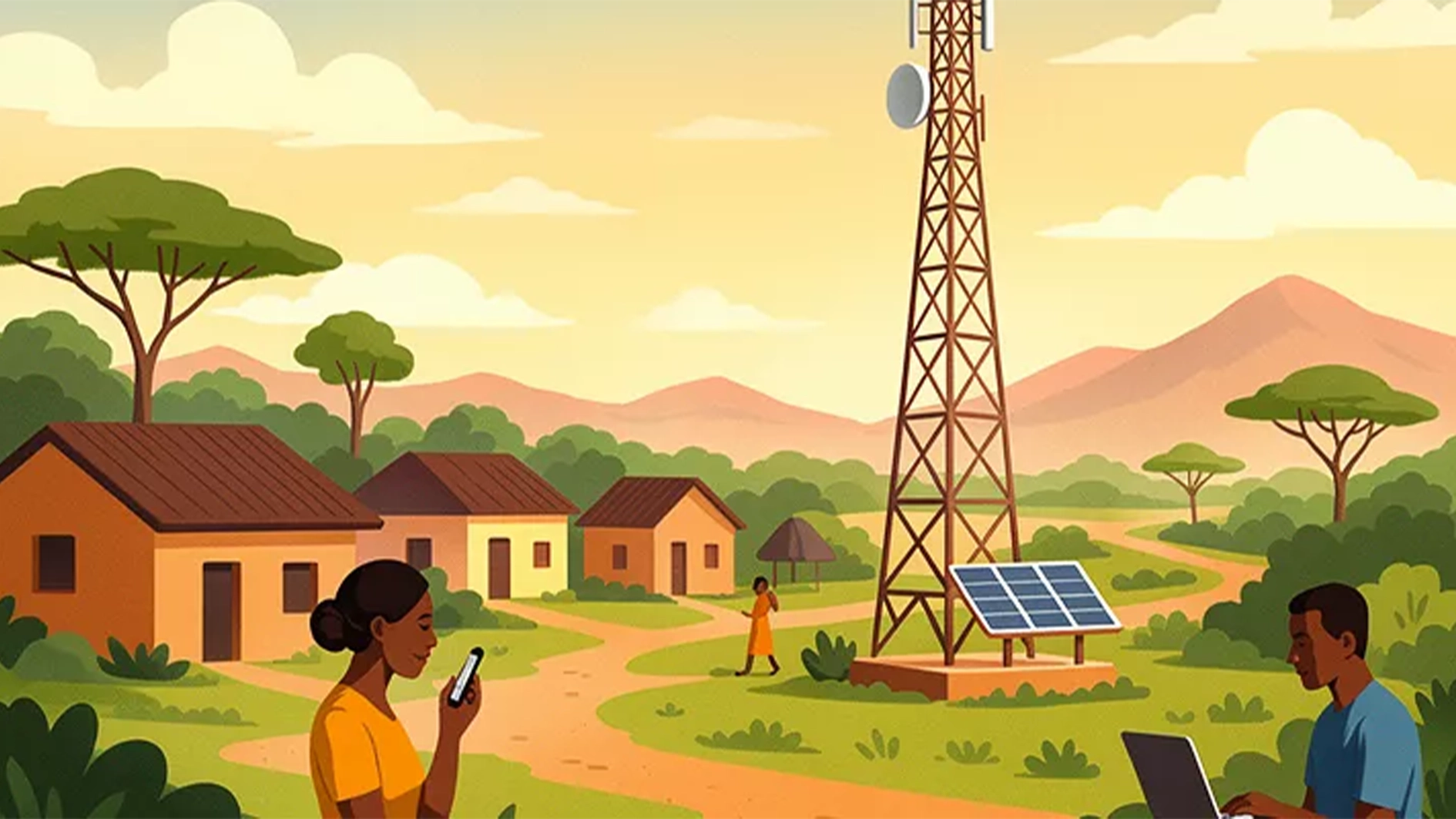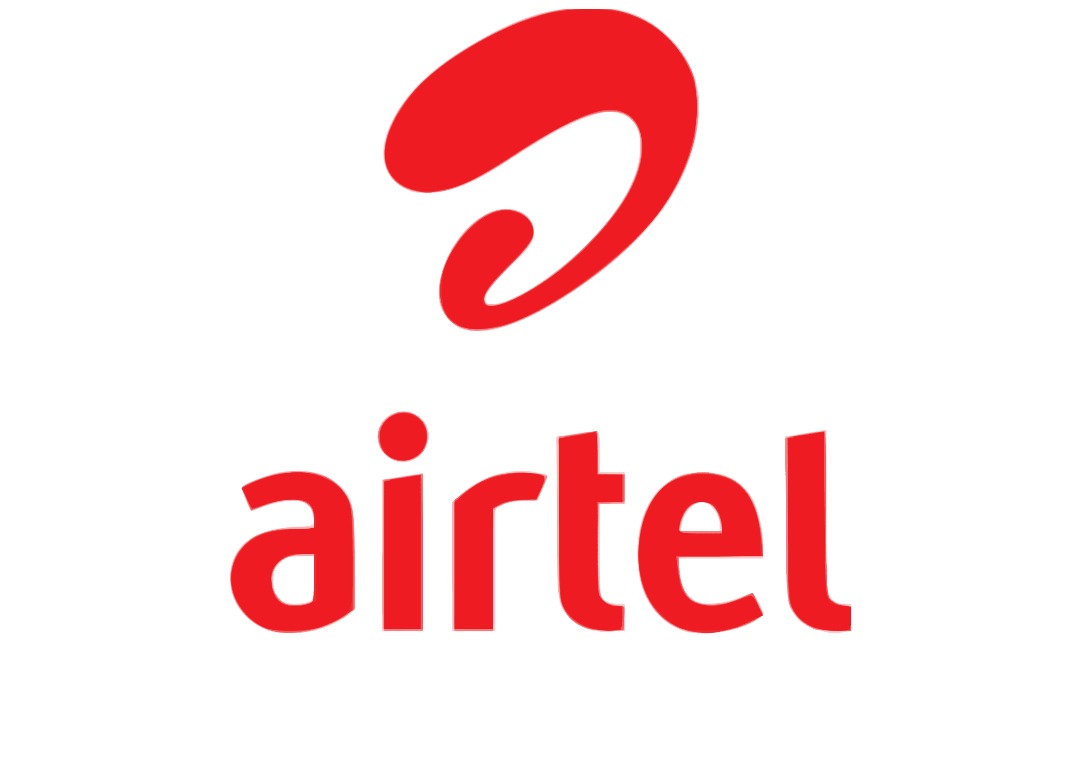The quest for more Tier-3 networks to migrate to Internet Protocol version 6, IPv6, is being frustrated by inability of some Tier-2 internet service providers also known as upstream service providers to migrate to the new internet protocol, Nigeria CommunicationsWeek has learnt.
Mohammed Rudman, chairman, Nigeria IPv6 Council, explained that the internet distribution channel flows from Tier-1 operators who are at the landing station of submarine cable, then to Tier-2 who are wholesale ISPs before Tier-3 that are telcos delivering to end users.
“Some networks such small telcos, university networks among others cannot migrate to IPv6 if the Tier -2 ISPs selling internet to them have not migrated. Their upstream service provider required equipment that is compactable with IPv6 for the networks of Tier-3 to be IPv6 active.
“Today, most of the Tier-2 ISPs have not migrated to IPv6 making it impossible for the networks that buy internet from them to be active on the new protocol even if they have acquired it. Other challenges include lack of technical know -how and core, metro and edge equipment compatibility issues,” he added.
On state of IPv6 in Nigeria, Rudman said that there are only 23 active IPv6 networks out of 161 Autonomous Systems (Ases) network as at June 1, 2020 representing 14.2 per cent. More so, the country has issued 70 IPv6 prefixes representing 7 per cent.
As a way forward in adoption and migration to IPv6, Rudman advocated for IPv6 awareness and capacity building by organizing seminars and trainings, possibly incorporating IPv6 into university curriculum.
“Regulate the ration of Public to Private IP address translation by the service providers. Provide some profit incentives to internet industry as encouragement for them to adopt IPv6 based Infrastructure. These incentives could include reduction in regulatory fee and tax rebates. All new IT equipment supplied to Government should be IPv6 compliant and Government to set target date for MDAs to have IPv6 compliant networks,” he said.
He noted that IPv6 has potential of preserving more of everything good in today’s Internet, which includes but not limited to auto-configuration, seamless mobility, automated network management, end-to-end-security and new optional service levels.
“The developed world has already embraced IPv6, with countries competing for positions in the global ranking on IPv6 adoption. The major content producers such as Google, Facebook, Microsoft etcetera have all adapted IPv6 giving the opportunity to IPv6 networks access to their content.
“Regrettably, most of African countries are late comers on this mass migration, with Nigeria particularly lagging behind even within Africa, this should not be taken lightly considering that we have the largest number of Internet users in Africa as of today and the seventh in the world.
Chris Uwaje, chairman, Connect Technologies, said Africa may not be globally competitive if the governments fail to adopt IPv6 on time, noting that IPv6 will one day become the absolute default Prefixes for the Internet.
“Globally, the next battlefield for sustainable development and wealth creation resides in IPv6 and IoT strategic knowledge configuration. Africa stands at the dawn of technology opportunity and will benefit immensely, if government and industry lead the advocacy to passionately promote innovation -through IPv6 adoption and IoT transmission as combined accelerator to create something and change everything,” he stated.






